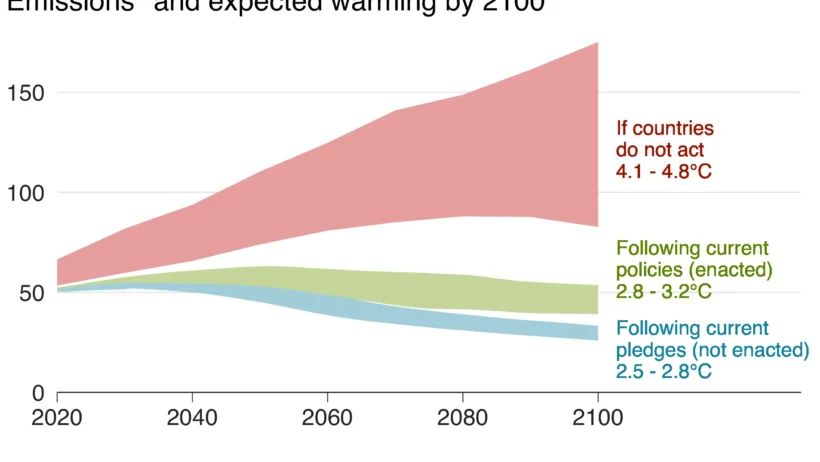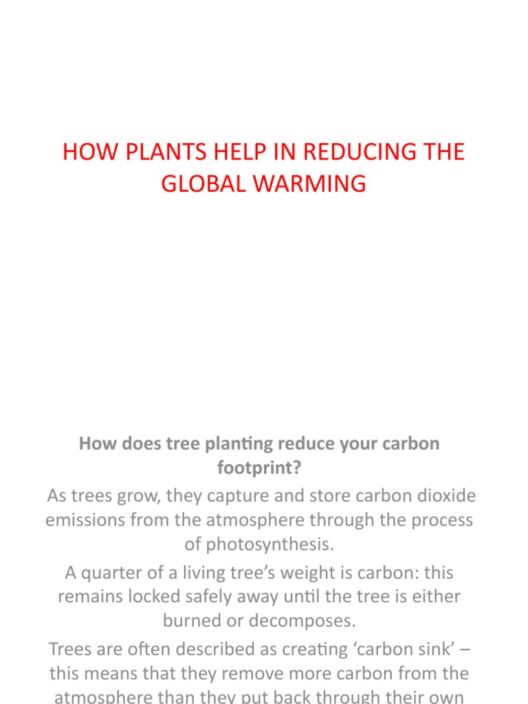Climate change has firmly established itself as one of the most critical issues of our time, transcending social, economic, and political boundaries. As we enter 2025, a comprehensive examination of our current reality regarding climate change reveals an alarming landscape that necessitates urgent attention and action. The multi-faceted implications of climate change are no longer abstract concerns but palpable threats that demand immediate policy responses, community engagement, and individual accountability.
Firstly, the scientific consensus is unequivocal; global temperatures have surged significantly, with an increase of approximately 1.5 degrees Celsius since pre-industrial times. This seemingly moderate rise encompasses severe ramifications. Ecosystems, once stable, are now precariously imbalanced, and biodiversity is plummeting. The consequences of elevated temperatures are observable: heatwaves have intensified, with regions like the Mediterranean facing unprecedented drought conditions. Such patterns are not mere anomalies; they signify a trend that threatens agricultural productivity, thereby increasing food insecurity on a global scale. Indeed, this climate-induced instability can exacerbate existing socio-economic disparities, hitting the most vulnerable communities the hardest.
Moreover, the alteration of weather patterns has led to the intensification of natural disasters. Hurricanes are no longer confined to seasonal expectations; their ferocity has escalated, leading to catastrophic flooding and infrastructure devastation. Flooding events in cities such as New Orleans and Miami exemplify the urgent need for adaptive urban planning. Coastal regions are not just at risk; they are facing existential threats as sea levels rise due to the melting of polar ice caps. Projections indicate that by 2050, sea levels could rise by as much as 1 meter, threatening to submerge low-lying areas and displace millions. The forced migration of populations due to environmental factors, known as climate refugees, will further compound global instability.
In addition to physical threats, climate change harbors profound implications for public health. The incidence of vector-borne diseases like malaria and dengue fever is rising as warmer climates expand the habitat range of disease-carrying mosquitoes. Furthermore, air quality continues to deteriorate, exacerbated by increased wildfires and emissions from fossil fuels. Respiratory diseases, particularly among vulnerable populations such as children and the elderly, are on the rise. Consequently, as healthcare systems grapple with the fallout, the financial costs associated with climate-related health issues will impose an additional burden on economies worldwide.
On a policy level, 2025 presents a crucial juncture. Governments are increasingly tasked with crafting legislation that addresses the climate crisis while balancing economic interests. The Paris Agreement, while a commendable initiative, is on shaky ground. Nations are failing to meet their carbon emissions targets, blaring warnings that time is running out. Fossil fuel dependency remains a dominant force, and the transition to renewable energy sources must accelerate significantly. Policymakers are now faced with the arduous challenge of navigating the intricate relationship between industry, sustainability, and social justice.
Conversely, grassroots movements are emerging, galvanized by a sense of urgency. Activists and concerned citizens are fostering dialogues that demand accountability from both corporations and governments. Community-led initiatives, such as urban greening projects and local sustainability efforts, are proving effective at mitigating climate impact and enhancing community resilience. The call for climate justice resounds, as marginalized communities advocate for equitable solutions that prioritize their needs amid the climate crisis. Importantly, the importance of collective action cannot be overlooked; it is through concerted efforts that meaningful change can be achieved.
This societal awakening extends to the realm of consumer choices. Individuals are increasingly recognizing that their consumption patterns wield significant influence over the climate crisis. The demand for sustainable products, reduction in single-use plastics, and a shift towards plant-based diets exemplify a growing consciousness. Climate-conscious consumers wield more power than ever, capable of steering companies towards ethical practices. Nevertheless, it is vital to remember that systemic change is imperative. While individual actions contribute positively, they cannot substitute for robust policy frameworks and corporate accountability.
In conclusion, as we navigate through 2025, it is clear that climate change is not an abstract concern; it is our present reality. The combination of rising temperatures, escalating natural disasters, and public health crises underscores the urgent need for immediate interventions. Governments and corporations must adopt a collaborative approach that prioritizes sustainability while addressing socio-economic disparities. On an individual level, recognizing the power of our choices can catalyze a more sustainable future. Ultimately, it is through unity, advocacy, and accountability that we can forge a path towards mitigating the ravages of climate change and safeguarding our planet for future generations. The time for complacency has passed; decisive action is imperative. The responsibility lies with all of us to reverse the course of this impending threat.






